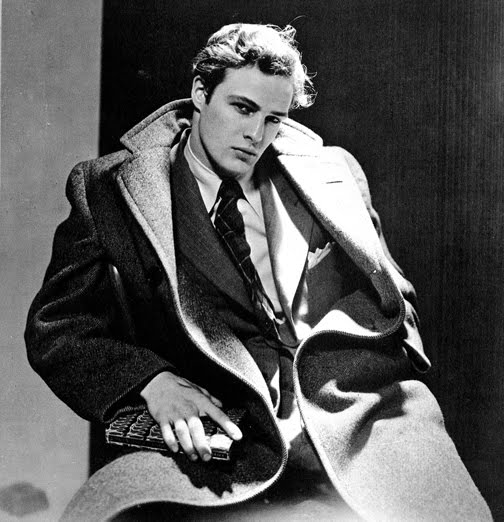UPDATE 2024: First Lady Dr. Jill Biden, an educator, read the censored version of "The Night Before Christmas" to patients at the Children's National Hospital.
 |
| Thomas Nast, Harper's Weekly, 1/1/1881 |
"'Twas the Night Before Christmas," the beloved Clement Moore poem that was first published as "Account of a Visit from St. Nicholas" on December 23, 1823, celebrated its 200 anniversary this year.
Describing first seeing Santa Claus, Moore wrote:
He was dressed all in fur, from his head to his foot, And his clothes were all tarnished with ashes and soot;
A bundle of toys he had flung on his back,
And he looked like a peddler just opening his pack.
His eyes—how they twinkled! his dimples, how merry!
His cheeks were like roses, his nose like a cherry!
His droll little mouth was drawn up like a bow,
And the beard on his chin was as white as the snow;
The stump of a pipe he held tight in his teeth,
And the smoke, it encircled his head like a wreath
Those last two lines were edited out of a version of the poem published in 2012 as Twas the Night Before Christmas, edited by Santa Claus for the Benefit of Children of the 21st Century by Canadian author Pamela McColl, an anti-smoking advocate who "believes that her non-smoking Santa will prevent new smokers." McColl spent $200,000 of her own money printing 55,500 copies of English, Spanish and French and hired an illustrator to redraw Santa without his pipe.
“It’s denying access to the original voice of the author, and that’s censorship,” Deborah Caldwell-Stone of the American Library Association
told the New York Post. She likened McColl’s alteration to an Alabama publisher’s controversial purging of “indecent” language in “Adventures of Huckleberry Finn.” The
National Coalition Against Censorship said, "Readers of the new version will note Santa is still overweight, at least for now."
According to
an effusive profile of McColl from her alma mater Columbia DC, the 2012 publication was ranked a best-selling book by Amazon.com in the category of American 20th century poetry. This year, McColl is back with a new book “'Twas The Night: The Art and History of the Classic Christmas Poem,” and is
appearing at events to celebrate the bicentennial of the poem she altered. (
That book does contain the original, uncensored version of the poem, along with art work depicting Santa with his pipe. But when my nephew's public library offered a reading of the poem last month, it was the censored version.)





